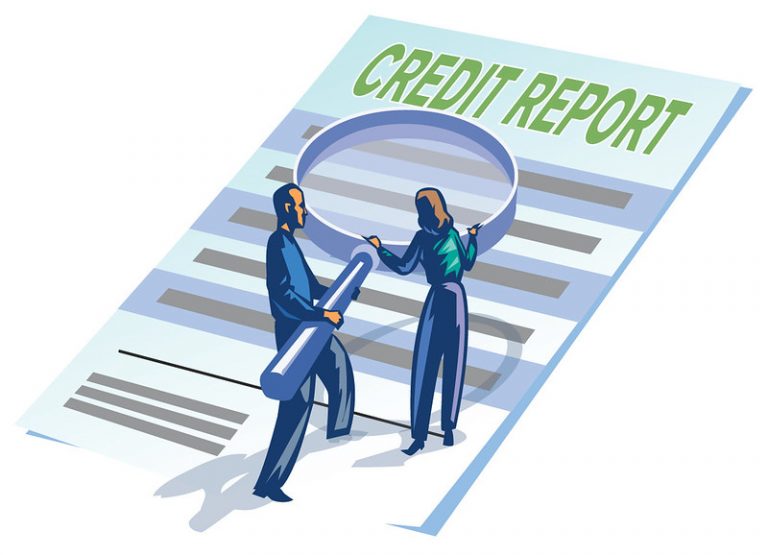
You are entitled to a free copy of your credit report with each major credit bureau, Equifax, Experian, and TransUnion.
The Fair and Accurate Credit Transactions Act of 2003 gave consumers the right to receive a free copy of their credit reports annually, then in 2020, soon after the COVID-19 pandemic jeopardized the finances of millions of people, the three agencies announced they would temporarily make free reports available every week. The program was extended twice and is now permanent.
The credit bureaus are private businesses that collect and sell data on the spending and borrowing habits of American consumers. The data that is collected creates the consumers credit report, the credit agencies sell the reports along with credit scores to creditors. The credit score determines an individual’s creditworthiness, the score range is between 300 to 850.
When you apply for credit such as a home loan, car loan or a credit card your approval and interest rate are based on your credit score, your credit score is also looked at when you apply for a rental, apply for a job, sign up for utilities or apply for insurance so having a good score and an accurate credit report are important.
Two consumer groups, Consumer Reports and Work Money, asked over 4,300 volunteers to check their credit reports for accuracy, to get an idea of how Equifax, Experian and TransUnion rated.
The results of the reports were concerning, 25% were unable to access their credit reports, of the consumers who were able to access their reports, 44% found inaccuracies and 27% of those inaccuracies were potentially damaging to their credit score.
According to the Federal Consumer Financial Protection Bureau, they receive numerous complaints about the credit bureaus, the complaints include improper use of credit reports, errors on reports and difficulty getting the agencies to correct the errors.
Errors on credit reports can damage your credit score and prevent you from receiving credit and services.
It is important that you check all three of your reports often. Here are some common errors that are found on credit reports.
Errors in your identity data, such as wrong or misspelled name, phone number, social security number, birthdate, or address.
Accounts that don’t belong to you.
Closed accounts reported as open.
Accounts that are wrongly reported as late or delinquent.
Incorrect date of last payment, date opened, or date of first delinquency.
Accounts listed with incorrect credit limits.
Accounts listed with the incorrect current balance.
Reinsertion of incorrect information after it was corrected.
Duplicate accounts listed.
You are reported as the owner of the account when you are just an authorized user.
Unknown transactions in your name.
If you find errors on your reports, you must submit a dispute with the credit bureaus. The Fair Credit Reporting Act (FCRA) is the federal law that, among other rights, gives you the right to dispute incomplete or inaccurate information on your credit reports. The credit bureaus are then required to investigate the errors, typically within 30 days.
The credit bureaus in most cases reach out to the party that furnished the information, that company must investigate the dispute. Once the investigation is complete you will be provided a written notification of the findings and a copy of your credit report if the dispute results in a change to your report.
Check your credit reports regularly so you are alerted to any errors that could affect your credit standing and security.